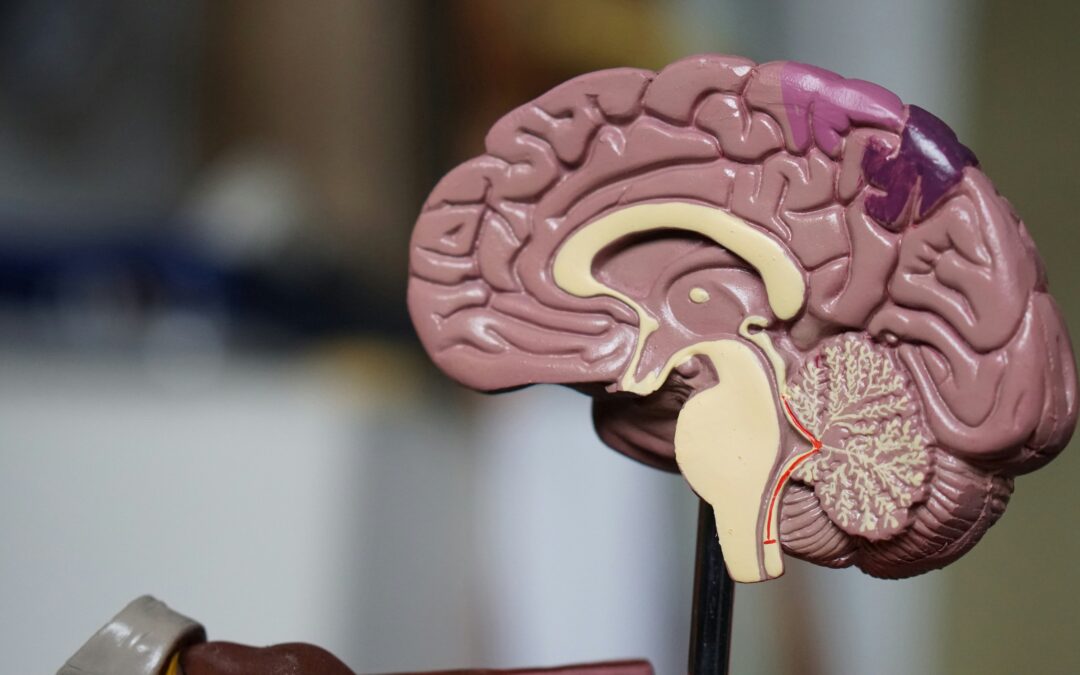Wet brain syndrome, formally known as Wernicke-Korsakoff syndrome, stands as a stark manifestation of the devastating consequences of chronic alcohol addiction. This neurological disorder, rooted in thiamine deficiency, encompasses two distinct stages: Wernicke’s encephalopathy and Korsakoff’s psychosis.
Individuals grappling with wet brain syndrome endure cognitive impairment, memory loss, and neurological dysfunction, underscoring the urgency of addressing alcohol addiction comprehensively. We will go over the factors associated with wet brain syndrome and the critical importance of seeking support
Understanding Wet Brain Syndrome
Wet brain syndrome emerges as a consequence of prolonged alcohol abuse, precipitating thiamine (vitamin B1) deficiency and subsequent neurological damage. Thiamine serves as a vital cofactor in brain metabolism, facilitating energy production and neurotransmitter synthesis. Chronic alcohol consumption disrupts thiamine absorption and utilization, setting the stage for the development of wet brain syndrome.
The syndrome progresses through two distinct stages:
Wernicke’s Encephalopathy
Wernicke’s encephalopathy marks the acute phase of wet brain syndrome, characterized by symptoms such as confusion, ataxia (loss of coordination), and ophthalmoplegia (paralysis of eye muscles). Without prompt intervention, Wernicke’s encephalopathy can swiftly progress to the chronic phase of Korsakoff’s psychosis.
Korsakoff’s Psychosis
Korsakoff’s psychosis represents the chronic sequelae of wet brain syndrome, heralding profound cognitive impairment, memory loss, and confabulation (fabrication of false memories). Individuals afflicted with Korsakoff’s psychosis face formidable challenges in forming new memories and navigating daily life, underscoring the severity of this debilitating condition.
Risk Factors for Developing Wet Brain Syndrome
Chronic Alcohol Consumption
Prolonged and excessive alcohol consumption stands as the foremost risk factor for wet brain syndrome. Individuals entrenched in alcohol addiction or alcohol use disorder are particularly susceptible to thiamine deficiency and subsequent neurological sequelae.
Poor Nutrition
Malnutrition, compounded by deficient intake of thiamine-rich foods such as whole grains, nuts, and legumes, exacerbates the risk of thiamine deficiency in individuals with chronic alcohol addiction. Inadequate dietary habits contribute to the depletion of thiamine reserves, further exacerbating the neurological consequences of alcohol abuse.
Co-occurring Medical Conditions
Concurrent medical conditions, including liver disease, gastrointestinal disorders, and pancreatitis, may compromise thiamine absorption and metabolism, amplifying the risk of developing wet-brain syndrome.
Genetic Predisposition
Genetic factors may influence an individual’s susceptibility to thiamine deficiency and subsequent neurological damage. Variations in genes implicated in thiamine metabolism or alcohol metabolism may heighten the risk of wet brain syndrome in certain individuals.
Age and Gender
Advanced age and female gender are associated with an increased vulnerability to wet brain syndrome. Elderly individuals may possess diminished thiamine reserves and impaired thiamine absorption, while hormonal fluctuations in females may exacerbate thiamine deficiency.
Seeking Support and Treatment
There is no one-size-fits-all approach to treating Wet Brain Syndrome, as each case may vary in severity and underlying causes. However, the primary focus is on replenishing thiamine levels through supplementation and addressing any alcohol dependency.
Medication-assisted treatment (MAT) may be recommended for individuals struggling with addiction. MAT involves a combination of medication and therapy to help reduce cravings and prevent relapse. It can also help manage any co-occurring mental health disorders that may contribute to alcohol abuse.
Detoxification is often necessary for individuals with a severe dependency on alcohol. This involves gradually reducing alcohol intake, under medical supervision, to minimize withdrawal symptoms and prevent potential complications.
Therapy is an essential component of treatment for Wet Brain Syndrome. It can help individuals address underlying issues that may have led to their alcohol abuse and develop healthy coping mechanisms for avoiding relapse.
In severe cases, brain damage caused by Wet Brain Syndrome may require surgery or other specialized treatments. However, these are typically used as a last resort and are not always effective in reversing the damage
Reach Out to Grand Falls Center for Recovery Today
Wet brain syndrome represents a harrowing consequence of chronic alcohol addiction, characterized by profound neurological impairment and cognitive dysfunction.
By unraveling the intricate web of risk factors associated with wet brain syndrome and emphasizing the importance of seeking support from reputable institutions such as Grand Falls Center for Recovery, we strive to empower individuals and their support networks to embark on the path to recovery with knowledge and resilience.
Together, let us confront the challenges of chronic alcohol addiction and wet brain syndrome with compassion, determination, and unwavering support.

